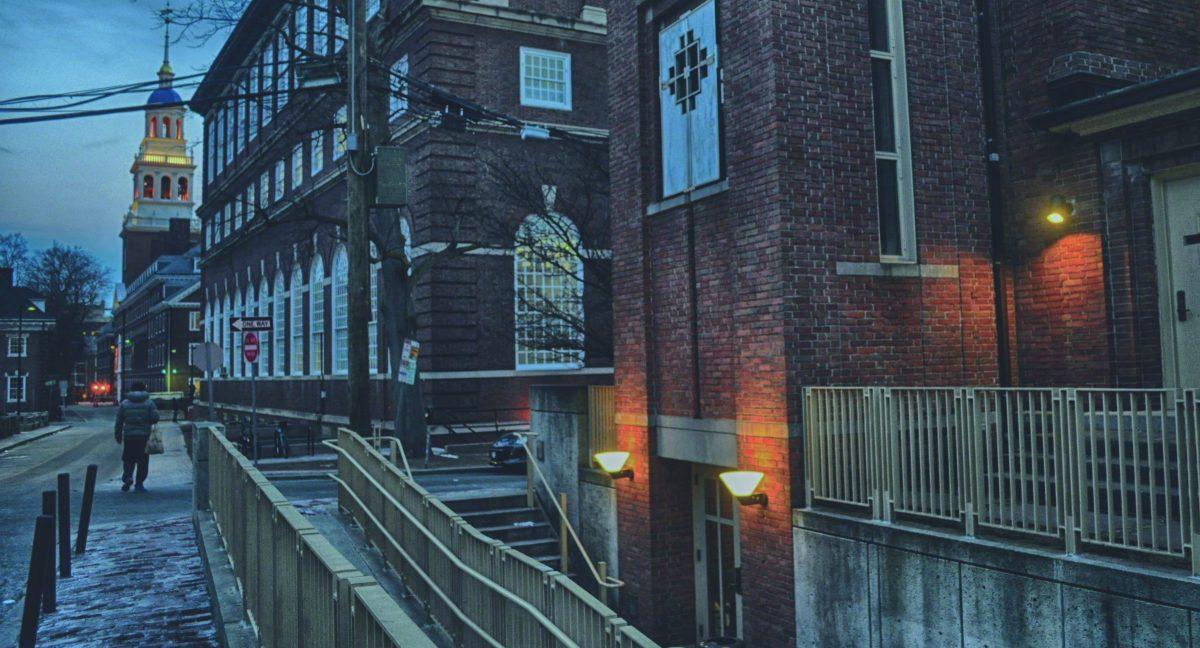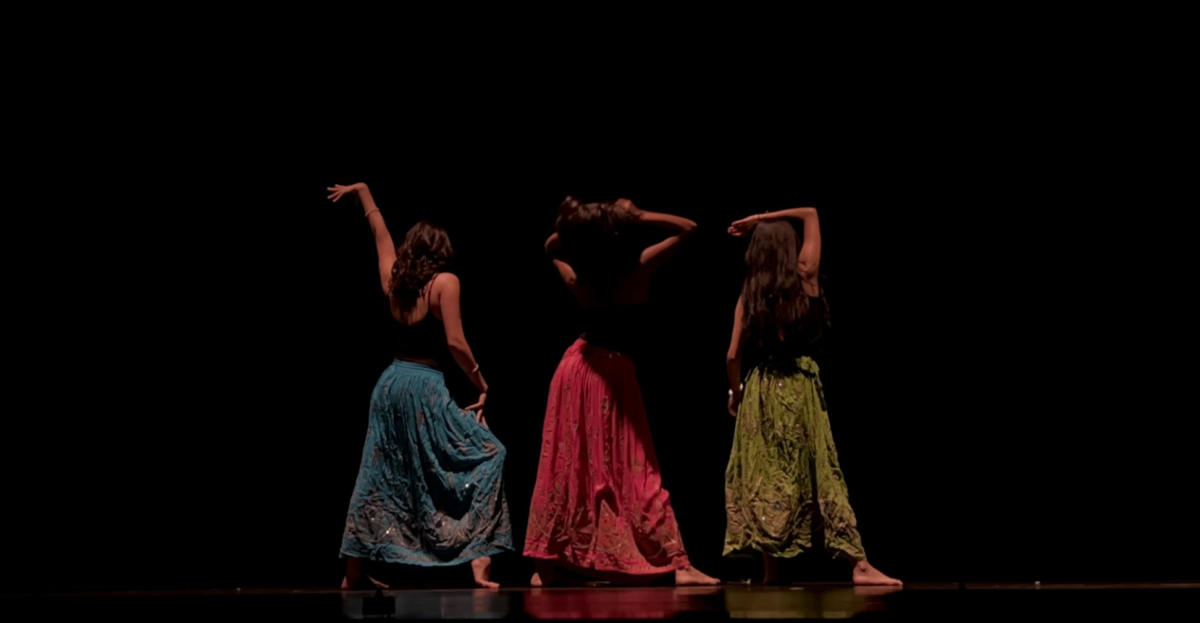Homelessness may not be a problem that can be solved overnight, but some Wellesley students try to make a positive impact by working overnight shifts at the Harvard Square Homeless Shelter.
Located on Winthrop Street in Cambridge, Harvard Square Homeless Shelter (HSHS) was founded in 1983 as the first shelter in the Square. High school and college students, mostly from Harvard University, have been running the shelter ever since.
HSHS estimates that over 200 volunteers are involved at the shelter between its various volunteer positions, including regular volunteer shifts, one-time volunteering and volunteering with other programs at HSHS.
“I personally work the overnight shifts on the weekends,” said Stacey Kim ’19. “The [Senate] Bus goes directly to Harvard, and you just sleep over and then you take the bus back to campus.”
“I’m a senior, and I felt like I had sort of used up a lot of the privileges of just being a college student,” she explained. Kim began volunteering at HSHS last fall and has been volunteering every Saturday night since.
Kim acknowledged that not all students can commit the time to volunteering that she does, but she encouraged people to take a “service mindset” to everything that they do.
Abby Pan ’22 also works the Saturday overnight shift at HSHS, and she described what a night at the shelter looks like for her.
“We come in at 11. We basically work until 12, and usually that’s in the kitchen. So we do dishes. People will probably still be asking for food, so there’s a lot of grilled cheese and tuna melt making. Laundry is always a thing. So mostly you’re either doing laundry or you’re in the kitchen.”
Later in the night, volunteers take shifts acting as a point of contact for guests who are awake in the night, sleeping in the staff bunk room when they’re off shift. In the morning, volunteers serve breakfast and, after guests leave for the day, clean up the shelter for the next evening’s dinner shift.
Samantha Churchill ’20 volunteered at HSHS a couple of times a semester before taking on a supervisor role at the shelter last summer. She is currently studying abroad at the London School of Economics but says she plans to return to HSHS next year.
“It’s a very humbling experience… [The guests], a lot of the times, have been through this system more times than you could possibly imagine,” said Churchill.
According to HSHS, the shelter served 211 guests in the 2017-2018 season. Although Churchill commented that she doesn’t think there has been a “typical” evening of volunteering for her, she explained that her shifts — beginning before dinner at the shelter — usually consisted of cooking, doing case work with guests on things like getting into new work programs and contacting local businesses to ask about food donations.
According to Churchill, conversations with guests while on shift range from topics like sports to “more serious [topics] like trying to transition them into long-term housing.”
Volunteers noted the influence of their hometowns on their perspectives on homelessness and volunteering.
“I grew up in China. I grew up in a big city … Every once in a while you’d see someone [in my neighborhood] asleep on the streets, but China doesn’t have shelters in the strictest sense, so it wasn’t something that I felt like I could do anything about,” said Pan. “Whereas over here, there is an opportunity to do things.”
Churchill commented, “I had a good amount of experience with the housing crisis in Hawai’i, which is where I’m from originally, and then the crisis in Boston is just a whole different ball game.”
“Being able to hear about [housing policies] from people who have tried to go through this process and take all the necessary steps and still just kind of get left behind by programs that were supposed to help them … it’s really, really insightful as far as policymaking and also just the day-to-day experiences of what homelessness can be,” she added.
Volunteers stressed the importance of taking a step back from the College to apply concepts to the real world and not just stay in an “insulated academic environment,” as Kim phrased it.
“I just like being able to do something with my hands — that isn’t, like, school work and stuff — that I feel like actually has a net positive impact on the people around me,” said Pan. “[Talking to guests] really made me a lot more aware of problems in a more physical way than when I’m just thinking about them in the abstract.”
“You just learn a lot about the people and a lot about the system, and you see the mismatches between the two, and I think that that’s just really valuable to learn,” said Churchill.
Volunteers also addressed the culture of “voluntourism” and volunteering for the sake of adding to one’s resume.
“I think if you’re going to volunteer somewhere, you have to actually be consistent in contributing to that community and follow up,” said Kim.
“It’s normally pretty obvious who’s there just as a checking-a-box kind of a thing and who isn’t,” Churchill noted.
“[Volunteers] shouldn’t expect the guests to owe them anything. They don’t owe you their whole life story, you’re just kind of there for whatever they need, and that priority has to come first,” she added. “Just because you shouldn’t feel entitled to learn something from [volunteering], it doesn’t mean you’re not going to. I just think you can’t go in there with that attitude of, ‘Oh, I’m there for me to learn.’”
To prospective volunteers, Churchill advised, “Try it. They do one-off slots. Say you’re thinking about it and you’re kind of interested, sign up for one evening — one dinner shift — and see how it goes.”
Kim concluded, “The Harvard Square Homeless Shelter is a very open-minded place. The people who are directing it don’t expect you to know everything about the social cause itself, they’re just looking for people who are willing to help out.”
To learn more about HSHS and the shelter’s varied roles for volunteers, visit their website at www.hshshelter.org.





